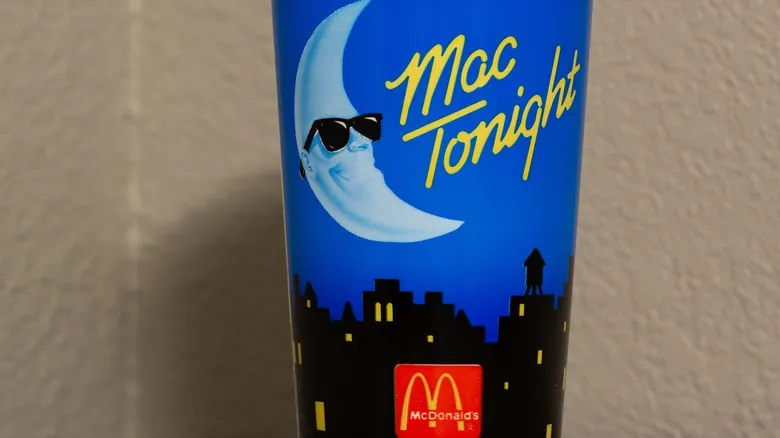The lawsuit that sank Mac Tonight
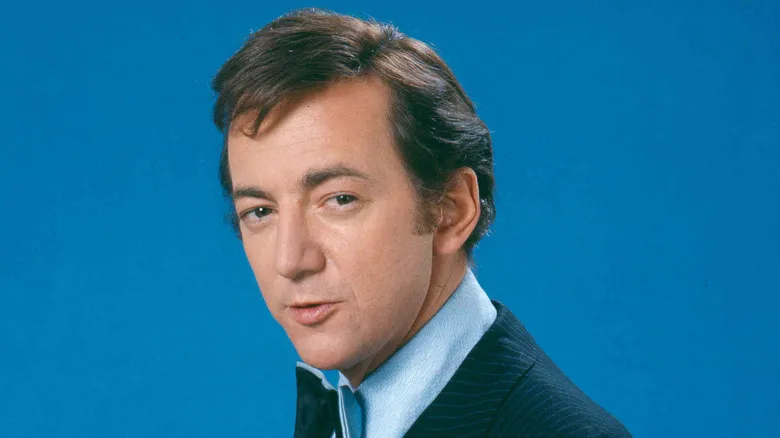
McDonald's faced controversy not for appropriating Max Headroom's distinctive style for Mac Tonight, but rather for the manner in which the character performed a new rendition of "Mack the Knife." This song was originally composed in the 1920s by Kurt Weill and Bertolt Brecht for their avant-garde work, "The Threepenny Opera." Several decades later, jazz legend Louis Armstrong released an English version of the song, followed by numerous other artists, including Bobby Darin, who achieved significant success with his lively rendition in 1959.
Although Darin passed away over ten years before Mac Tonight debuted on television, his son, Dodd Darin, filed a $10 million lawsuit against McDonald's in 1989, claiming that the company had employed "a male singer who mimicked Darin's vocal style and voice" in its advertisements, according to the legal complaint. The lawsuit was ultimately resolved, and Mac Tonight faded into obscurity, joining the ranks of other forgotten fast-food mascots like Domino's Noid and Arby's Oven Mitt. Over the years, Mac has made a few brief appearances in McDonald's commercials. However, similar to the animatronic Chuck E. Cheese band, the robotic Mac Tonights that once entertained at McDonald's locations were removed, leaving only a single (non-functioning) Mac Tonight at a McDonald's in Orlando, Florida.
Recommended
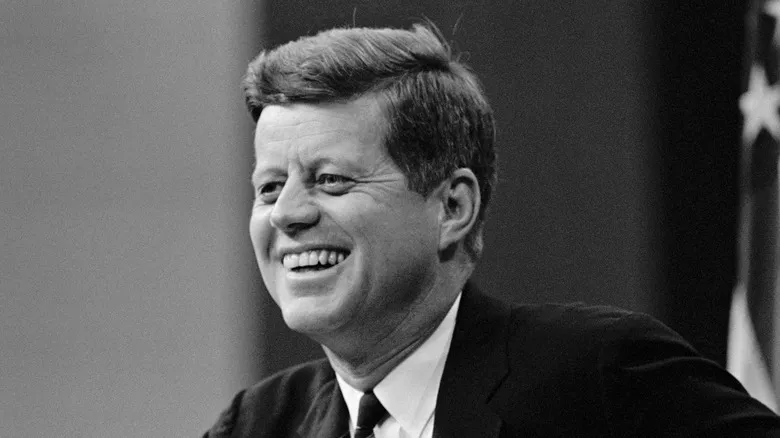
You Can Still Dine At One Of JFK's Favorite Restaurants In Boston
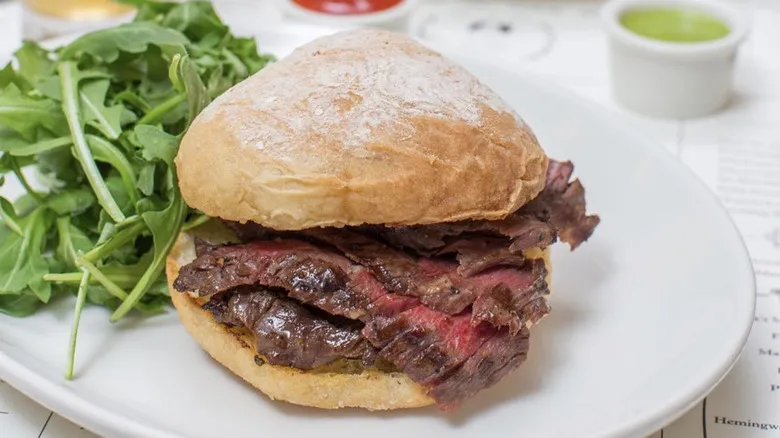
How Portugal's Iconic Steak Sandwich, The Prego, Got Its Name
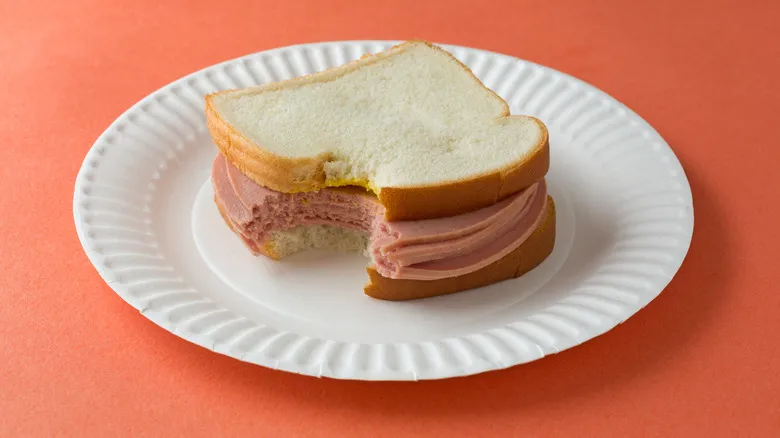
How Bologna Sandwiches Became A Lunch Time Staple
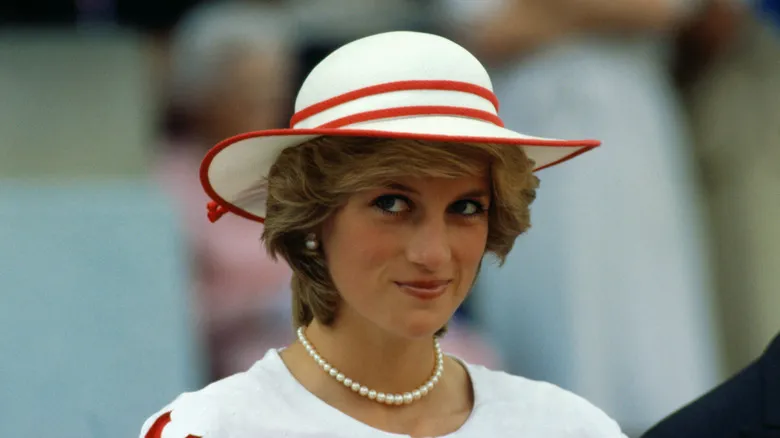
Princess Diana's Last Meal Was A Simple Breakfast At The Ritz
Next up

